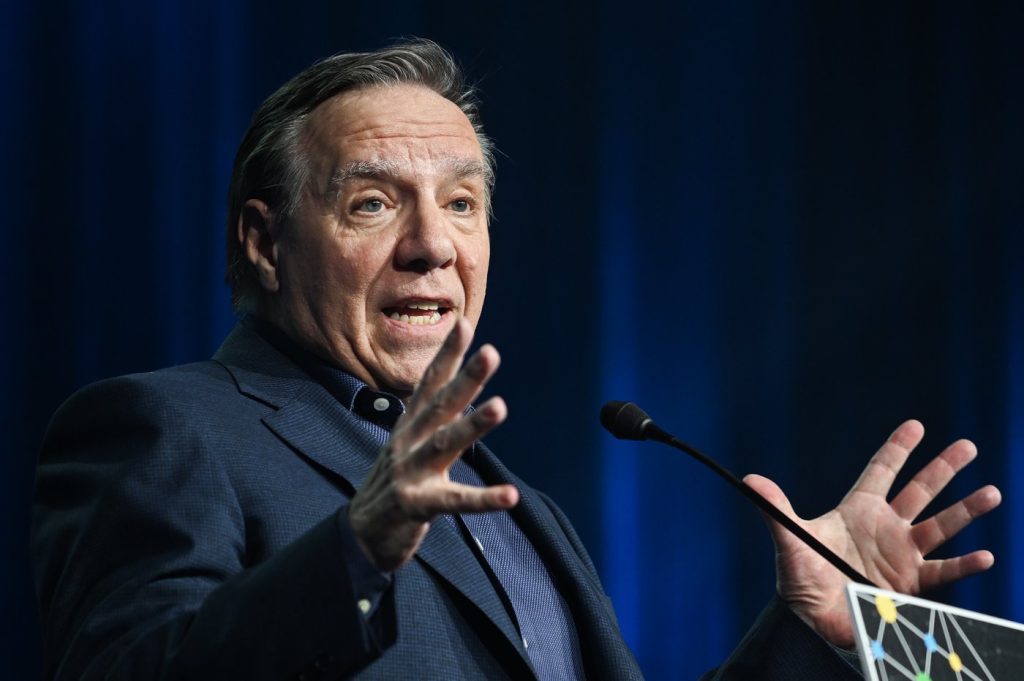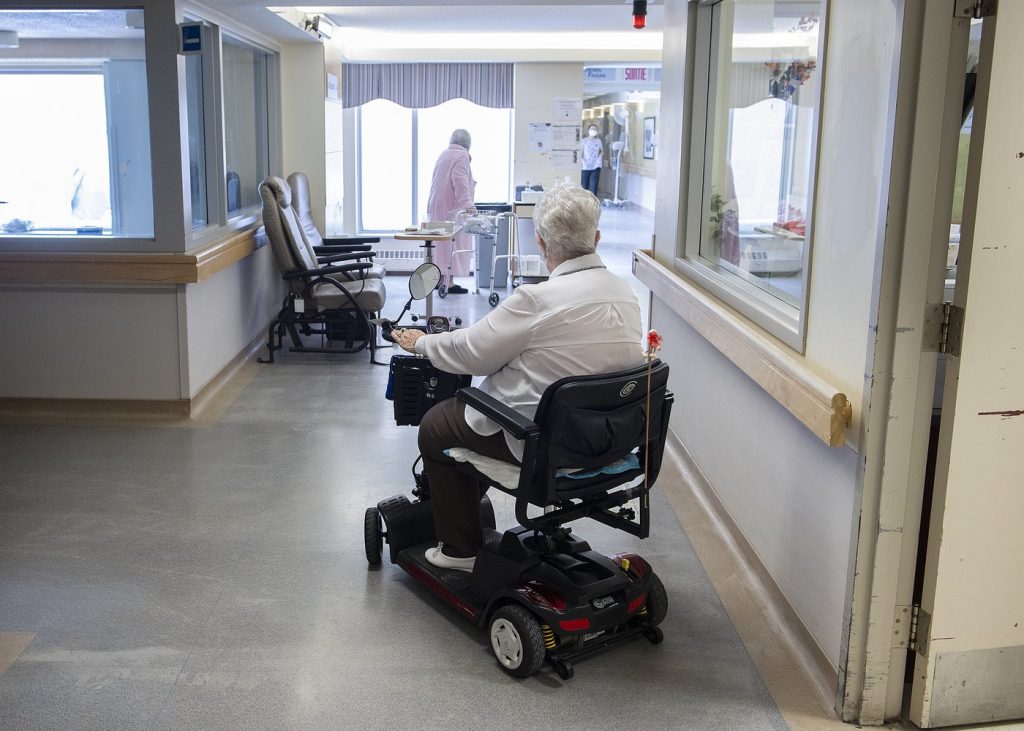First offer from Quebec to general practitioners: FMOQ notes a change in tone

Posted August 28, 2024 11:32 am.
Last Updated August 28, 2024 6:57 pm.
The Fédération des médecins omnipraticiens du Québec (FMOQ) received a first offer from the Quebec government on Tuesday afternoon, but it does not yet address the issue of remuneration; it mainly contains “work projects” to improve access to family doctors.
This is what the president of the FMOQ, Dr. Marc-André Amyot, said in an interview with The Canadian Press. “There are no monetary parameters in this, we are not talking about money in this deposit, we are talking about major principles, work projects,” he said.
What Quebec is proposing is six pages long. “It is a thin offer in the sense that it is not specific,” said Dr. Amyot.
Although there are still “adjustments in public discourse,” the president of the FMOQ notes a change in tone on the part of the government. “I note that Premier (François Legault) no longer wants to fight against us — at the end of the parliamentary session, he said he wanted to fight against the doctors’ union,” mentioned Dr. Amyot.
Legault had indeed mentioned that it would be “necessary to fight until the end” in the negotiations with the FMOQ.
“They did not take that up again yesterday, I note that positively,” indicated Dr. Amyot.
Dr. Amyot acknowledges that part of the solution lies with family doctors, but according to him, Quebec also has its share of responsibility for the gaps in access to family doctors.
In a written statement from the Treasury Board Secretariat, it is emphasized that the offer is focused on improving access to family doctors. “At the end of this negotiation, the population must feel a change in access to care on the ground and not just in theory.”
Upon her arrival at the Council of Ministers, Treasury Board President Sonia LeBel reiterated that access needed to be improved. “We need to see how we are going to reorganize the current care model, which is the traditional ‘one doctor, one patient’ model,” she said.
“We are going to have to refocus the role of the doctor on tasks that only the doctor can do,” she specified.
The government has already undertaken this shift, notably by reducing the administrative workload of family doctors and giving more prescribing power to pharmacists.
“We had no choice,” said Dr. Amyot. “Quebec is short of 1,500 family doctors. The population is aging, the population is increasing, and the number of family doctors in Quebec is not only not increasing, curiously it is decreasing.”
According to the president of the FMOQ, it is especially important not to increase the workload of general practitioners who already do a lot, he says, outside of office consultations.
“We need to find ways to use the expertise of the family doctor more optimally. Collaborative work with other professionals is one of them. We say: we need more professionals who can help us in the (Family Medicine Group) GMF.”
Dr. Amyot maintains that “making doctors work more” is not a good solution. “It just leads to a devaluation of the profession; a profession that already lacks valorization and attractiveness,” he explains.
–This report by La Presse Canadienne was translated by CityNews








